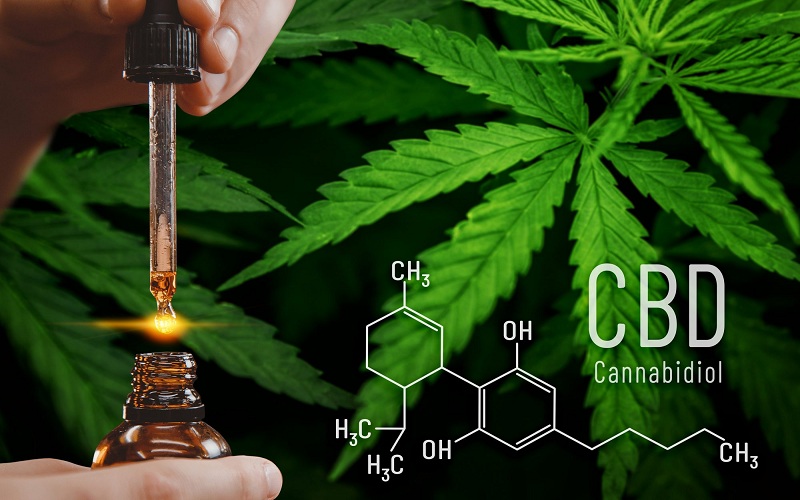Are you curious about CBD and its potential role in overcoming drug addiction? In this article, we are going to delve deeper in looking at studies that has happened so far and find out whether cannabidiol oil India can really benefit people who struggle who cravings.
Little introduction about CBD
Cannabidiol, or CBD, is a compound present in the cannabis plant. CBD, unlike THC, the psychoactive component of cannabis that causes a “high,” is non-psychoactive, which means it has no effect on your mental state.
According to research, CBD may have a variety of health benefits, including the ability to reduce seizures, inflammation, and discomfort. Scientists are currently looking into its potential for use in the treatment of drug addiction.
How Does CBD Affect the Body?
Researchers continue to examine how cannabidiol oil India works, but it appears to interact with the body’s endocannabinoid system. Those who don’t know, ECS regulates mood, hunger, memory, and pain perception. CBD interacts with brain receptors differently than THC. It does not produce a “high,” but it may affect how the brain handles cravings and stress responses associated with drug usage.
To What extent CBD can help people who had substance disorder?
Animal studies have shown inconsistent findings, however a human study published in the American Journal of Psychiatry showed promising findings. Some indicate that CBD may help reduce drug-seeking behaviour. In the study, participants with a history of heroin use received either CBD or a placebo. Those who took CBD reported fewer severe cravings after watching drug-related videos than the placebo group.
This study also found that the CBD group had lower levels of anxiety, heart rate, and cortisol (a stress hormone). These benefits were noticeable as soon as an hour after ingesting CBD and lasted for up to a week.
CBD may show potential as a therapy for managing cravings and preventing relapse in drug addiction. However, additional research is required before it can be regarded a conventional treatment.
Note: While these first findings are encouraging, it is crucial to recognise that additional research is required. The majority of inquiries have been conducted on animals, and human studies remain limited. More research is needed to understand how CBD affects appetites for other medications.
CBD has recently received attention for its ability to cure drug and alcohol dependence. According to research, CBD can help prevent relapse by lowering anxiety and tension associated with drug cues. It also appears to influence the brain circuits that control drug cravings and seeking behaviours induced by drug-related settings and stress.
Animal studies on CBD and addiction
Animal studies have had varied results. For example, one study reported no reduction in cocaine use in rats treated with cannabis oil, whereas another discovered a drop in cocaine use in mice. Gonzales-Cuevas and colleagues studied the effects of CBD on drug seeking, impulsivity, and anxiety in rats with a history of alcohol and cocaine use. The researchers discovered that CBD reduced relapse conditions such as drug context sensitivity, tension, impaired impulse control, and anxiety. Furthermore, these benefits persisted despite the brief treatment time.
Human Research on CBD and Addiction
A new study published in the American Journal of Psychiatry led by Yasmin Hurd investigated CBD’s capacity to lessen cravings in persons suffering from heroin addiction. The study included 42 people with a history of heroin use. Participants were placed into three groups: 400mg CBD, 800mg CBD, and placebo. They were shown videos intended to elicit appetites. Those who took CBD reported fewer cravings and reduced levels of anxiety compared to the placebo group. The effects were visible within an hour and could persist for up to a week.
Current Status of Drug Addiction Treatment
Currently, drugs for opioid addiction can be addictive and only provide short-term relief. CBD provides a possibly safer option that does not increase the risk of addiction.
While CBD has shown potential as a therapy for drug addiction, additional research is required. So far, the majority of investigations have been conducted on animals, with very few on humans. There have been no long-term clinical trials done, so further research into CBD’s long-term effects is required. Although CBD appears to be a viable treatment for addiction, further research is needed to ensure its safety and effectiveness.

